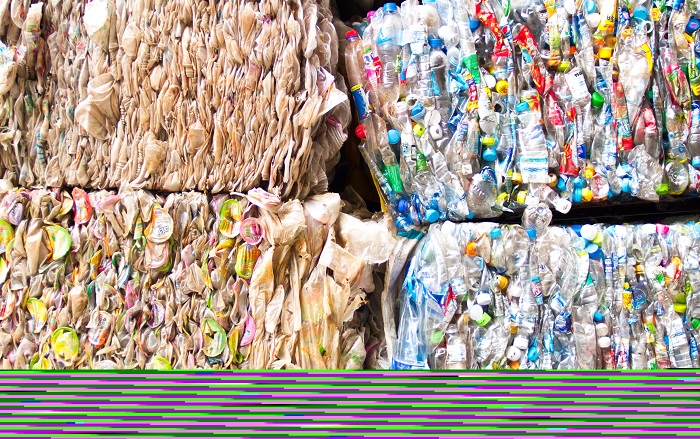-
ROSSLARE EUROPORT TARGETS HEALTH & SAFETY WITH CAMERA TELEMATICS PARTNERSHIP - 2 days ago
-
Landmark Study Reveals Wearable Robotics Significantly Boost Safety and Efficiency in Industrial Environments - July 24, 2024
-
Visku Tackle The Retail Seasonality Challenge One Pallet At A Time - July 22, 2024
-
KAMMAC AND BERGEN LOGISTICS STRENGTHEN FASHION & LIFESTYLE SERVICES IN THE UK - July 19, 2024
-
TENTBOX EXTENDS PARTNERSHIP WITH ARROWXL TO SUPPORT INCREASING DEMAND - July 17, 2024
-
The Perfume Shop improves customer journeys while driving profitability in partnership with Scurri - July 17, 2024
-
ZEROMISSION SECURES £2.3M ($3M) INVESTMENT TO ACCELERATE ELECTRIC FLEETS - July 16, 2024
-
BCMPA CELEBRATES SUCCESS OF 2024 CONFERENCE - July 15, 2024
-
Best of the Best: Jungheinrich Celebrates Triple International Award Win - July 12, 2024
-
GOPLASTICPALLETS.COM CALLS ON NEW CHANCELLOR RACHEL REEVES TO CONSIDER PLASTIC PACKAGING TAX REFORM - July 10, 2024
Why Co-op is taking the first steps to making plastic waste a thing of the past and why other brands should follow suit
Plastic waste is fast becoming one of the most talked about global issues and as the continued press focus on such waste has pointed a microscope towards big consumer brands, the pressure is on to meet both the government and customer demands to reduce impacts. It’s no longer something that can be overlooked as customers become more conscious and want to know that the companies they’re purchasing from are doing something to help reduce the multiplying waste figures.
And as The Co-op becomes the latest big brand to join in the conversation by switching its own-brand water bottles to 50% recycled plastic bottles, it adds another name to the growing number of companies that are reviewing and amending their environmental and recycling processes for the better.
Stephen Cameron, Business Development Director, SWRnewstar, discusses how for global brands this new way of thinking must be a priority if they are to keep up with the competitors, improve their environment footprint and appease the increasingly conscious consumer.
In order to make a true impact on recycling rates, understanding where waste is coming from is vital. Many organisations are focussing on the end result – game of collection and disposal, which only addresses a small part of recycling and through this are not seeing significant results. Ultimately, it costs retailers to dispose of waste, so it’s in their best interests to review and analyse their current use of waste such as plastic across their entire supply chain.
Partnering with a Waste Management company can be one of the ways to provide the help that organisations need to fully understand their waste and increase their recycling rates through a clever change of mindset.
For example, organisations like The Co-op and McDonalds are exploring their waste from the ground up by identify wasteful practises that fuel avoidable waste and using innovation solutions to make modifications. By exploring the source of their waste and making radical informed decisions to change the amount of waste they produce they are seeing drastic reductions in the use of waste bins and increases in the recycling rates and ultimately reducing waste management costs.
For The Co-op in particular this change will result in a saving of almost 350 tonnes of plastic every year; and for businesses nationwide, small incremental changes to their waste management procedures such as this can have a huge impact on cost as well as positively improve environmental practices. And not only are these organisations taking the right steps to explore where the waste is coming from, projects like this are also making an effort to change an internal mindset and educate staff and the consumer on the correct recycling practices and proper waste segregation.
And by evolving in this way, organisations are not only leading the change in mindset within their own corporations, but also influencing consumers by not only encouraging the use of correct waste bins but by supporting shoppers with initiatives that urge them to bring in their own reusable plastic containers for their fresh produce purchases, or allow consumers to return recyclable plastics to store in exchange for loyalty points or money. But not enough brands are making these conscious decisions.
It costs the environment and the companies to dispose of waste, so it’s in the best interests of everyone for brands to analyse their supply chain and understand where they are producing waste, so to reduce the amount that needs disposing of. Waste management can no longer be seen as a low priority or narrowly defined as an exercise in corporate social responsibility – as The Co-op and the other brands have shown, this conversation around waste has the potential to be so much more. It is about mindset, culture, cost and the chance to take a positive stance on an issue that is affecting the entire world.
– Stephen Cameron, Business Development Director, SWRnewstar

































